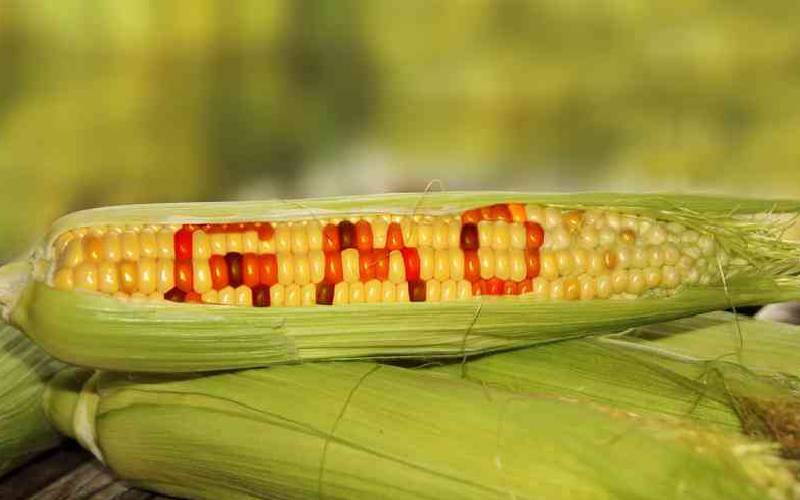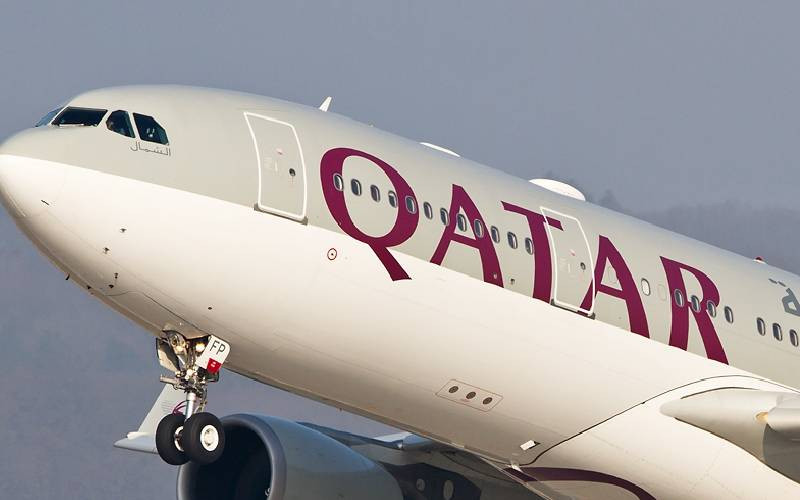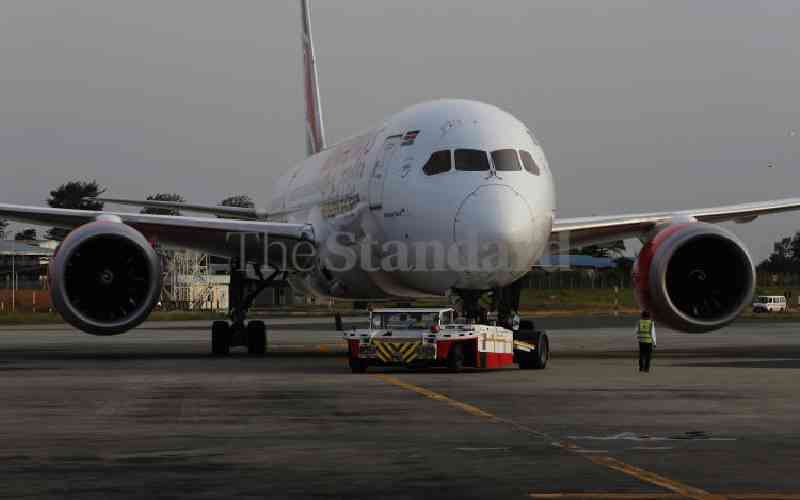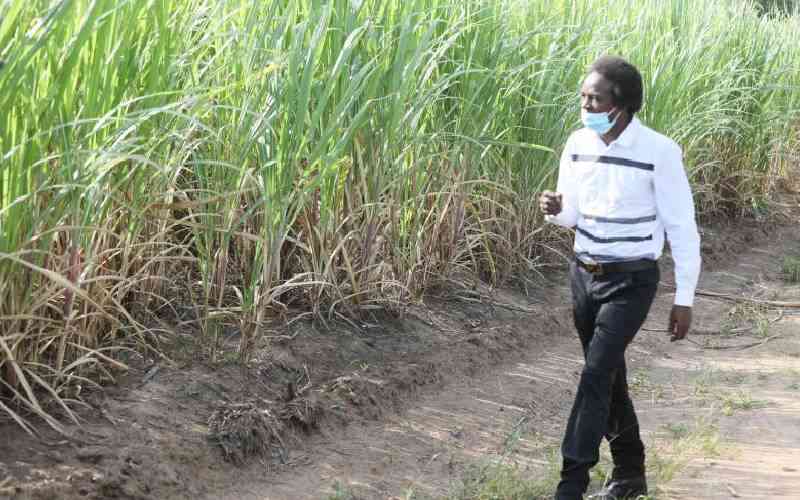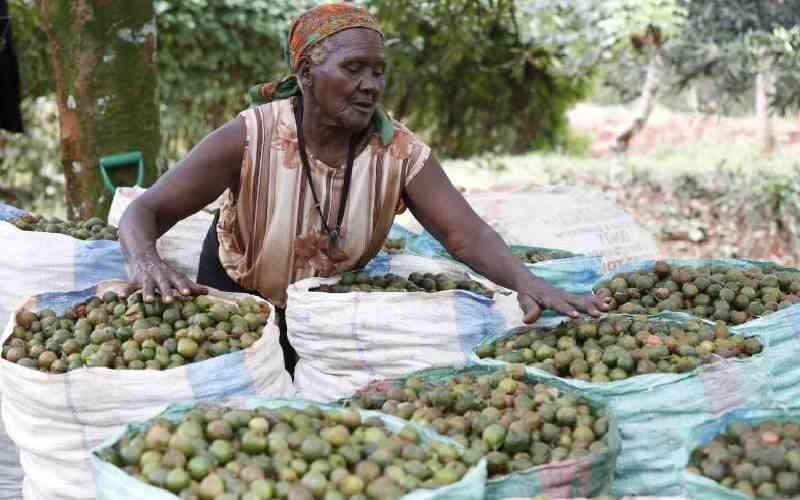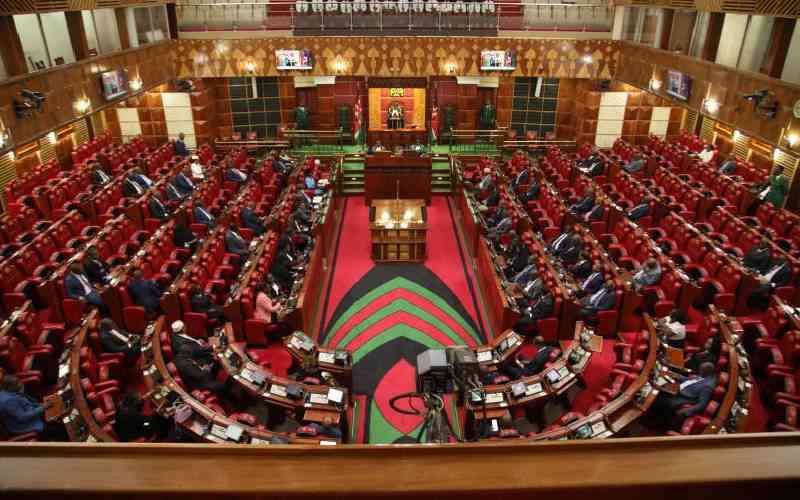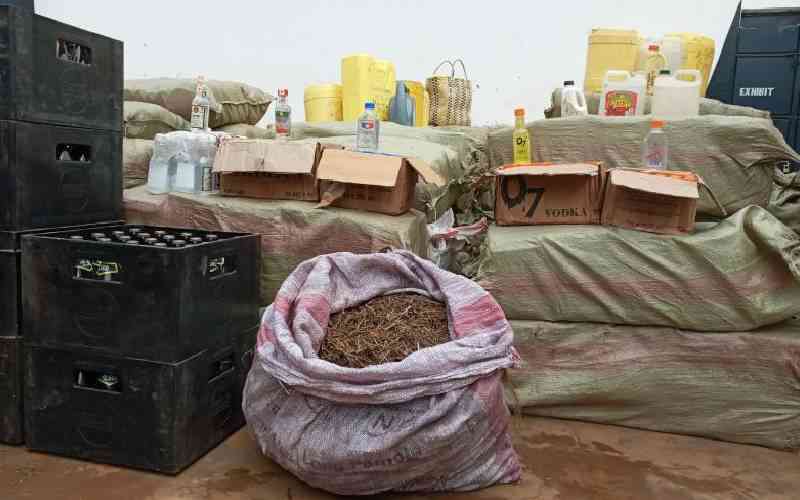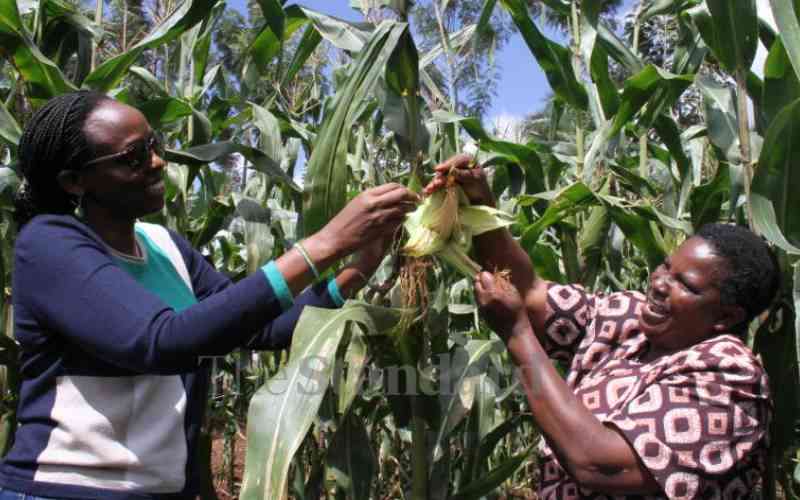
African governments have been urged to lead and coordinate efforts to urgently tackle food insecurity.
The Africa Agriculture Status Report 2022 (AASR22) says there is need to build capacity to address food systems, and also mobilise financing from the public and private sectors.
The report is an annual publication by Alliance for a Green Revolution in Africa (Agra), focusing on emerging issues in Africa. This year's edition was released Tuesday during the ongoing AGRF Summit in Kigali.
"Accelerating agro-food transformation in a sustainable and inclusive way is an extremely complex task. It requires an integrated approach, which draws heavily on the cooperation of system actors, with African governments driving the process that facilitates the required change," the report says.
Agra President Agnes Kalibata said a combination of the after-effects of the pandemic and the Ukraine conflict have led to elevation of food prices, thus exacerbating food insecurity on the continent.
"The AASR22 reflects on key action areas required to tackle the most urgent and important areas in response to these challenges," she said. "There is urgent need to repurpose food policies to address the emerging challenges affecting conditions, outcomes and behaviour of our food systems, without compromising the economic, social and environmental fundamentals."
The AASR22 recommends bringing together key sectors of the economy that are central to food systems, including health, environment, agriculture and education.
"The journey toward food and nutritional security for Africa has a clear destination: zero hunger. Thanks to many strategy documents, we have reasonable consensus on the roadmap - sustainable intensification and a food systems approach," said Ed Mabaya, research professor at Cornell University and one of the authors of the AASR report.
- World Vision launches 'ENOUGH' campaign to tackle hunger, malnutrition in Kenya
- Helpful tips to keep dry skin at bay and protect your skin year-round
Keep Reading
According to the report, estimates of Africa's investment needs to trigger and sustain agro-food transformation range from $40 billion (Sh4.8 trillion) and $77 billion (Sh9.2 trillion) every year from the public sector, and up to $180 billion (Sh21.6 trillion) in private sector funding.
"With the private sector expected to play a critical role in filling the financing gap, public sector funding is expected to play the role of de-risking and incentivising private sector capital into agriculture," the report says.
 The Standard Group Plc is a multi-media organization with investments in media platforms spanning newspaper print
operations, television, radio broadcasting, digital and online services. The Standard Group is recognized as a
leading multi-media house in Kenya with a key influence in matters of national and international interest.
The Standard Group Plc is a multi-media organization with investments in media platforms spanning newspaper print
operations, television, radio broadcasting, digital and online services. The Standard Group is recognized as a
leading multi-media house in Kenya with a key influence in matters of national and international interest.

